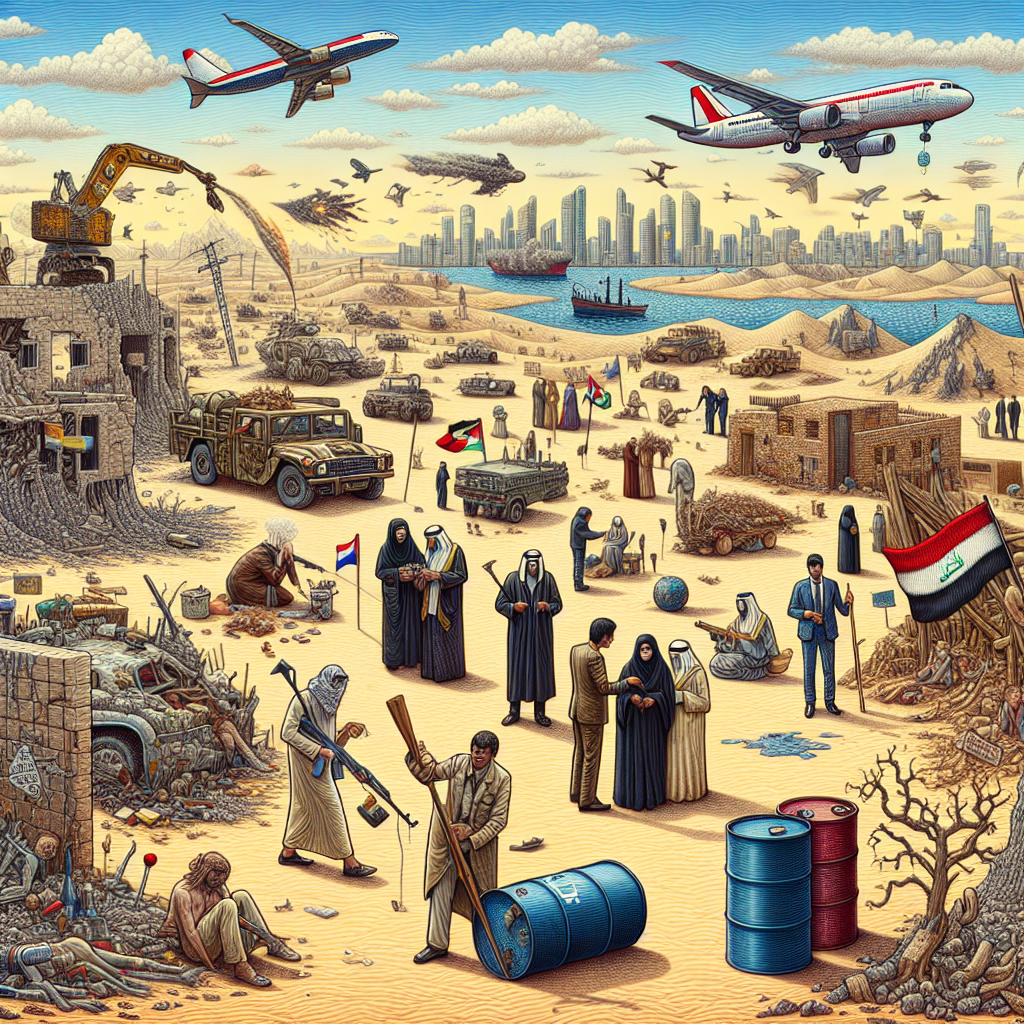Impact of Western Sanctions on Syria’s Transition After Assad
Impact of Western Sanctions on Syria’s Transition After Assad
Introduction
The ongoing Western sanctions on Syria have significantly influenced the country’s socio-economic landscape, particularly in the context of its transition after President Bashar al-Assad. This summary explores the multifaceted impact of these sanctions, highlighting key areas of concern and potential pathways for Syria’s future.
Economic Strain and Humanitarian Challenges
Western sanctions have exacerbated Syria’s economic difficulties, leading to severe humanitarian challenges. Key impacts include:
- Inflation and Currency Devaluation: The Syrian pound has plummeted, causing skyrocketing prices for basic goods and services.
- Resource Scarcity: Sanctions have restricted access to essential resources, including food, medicine, and fuel.
- Increased Poverty: A significant portion of the population now lives below the poverty line, struggling to meet daily needs.
Political and Social Implications
The sanctions have also had profound political and social repercussions, affecting Syria’s transition process:
- Stalled Reconstruction Efforts: Sanctions hinder international investment and aid, delaying rebuilding efforts.
- Social Fragmentation: Economic hardships have intensified social divisions and unrest.
- Diplomatic Isolation: Syria remains politically isolated, complicating peace negotiations and regional relations.
Potential Pathways for Transition
Despite these challenges, there are potential pathways for Syria’s transition post-Assad:
- International Cooperation: Engaging with international partners could help alleviate some economic pressures.
- Policy Reforms: Implementing domestic reforms may attract foreign investment and aid.
- Humanitarian Initiatives: Expanding humanitarian efforts can address immediate needs and foster stability.
Conclusion
The impact of Western sanctions on Syria’s transition after Assad is profound, affecting economic stability, social cohesion, and political progress. While challenges remain, strategic international cooperation and domestic reforms could pave the way for a more stable and prosperous future for Syria.


















